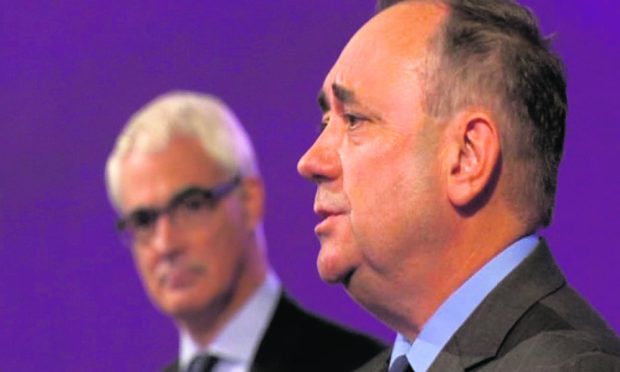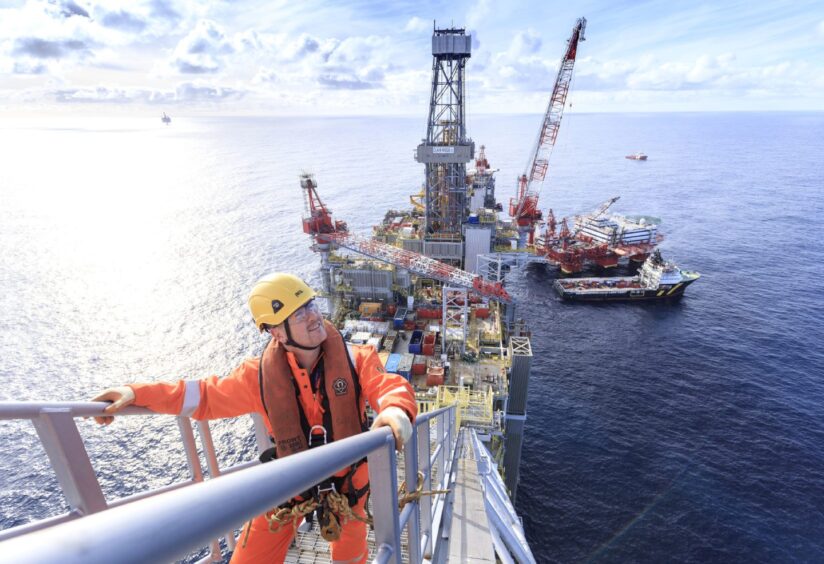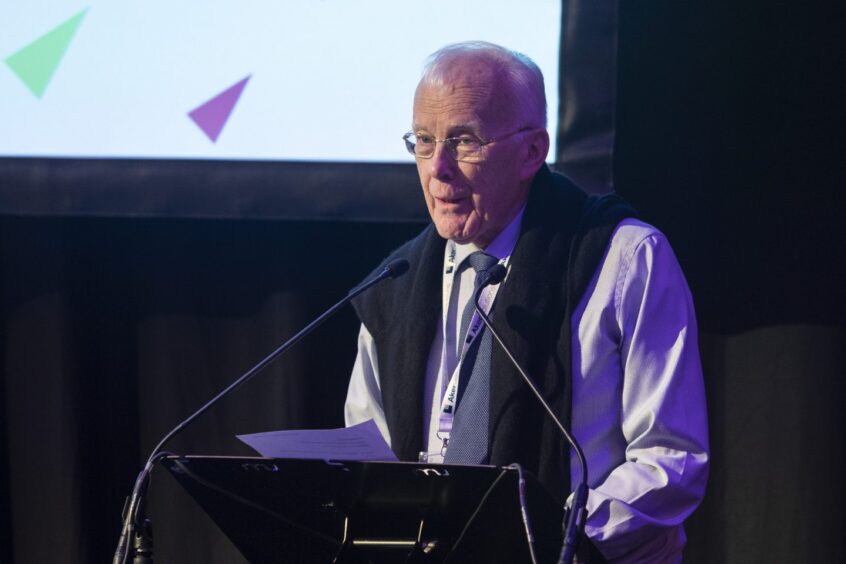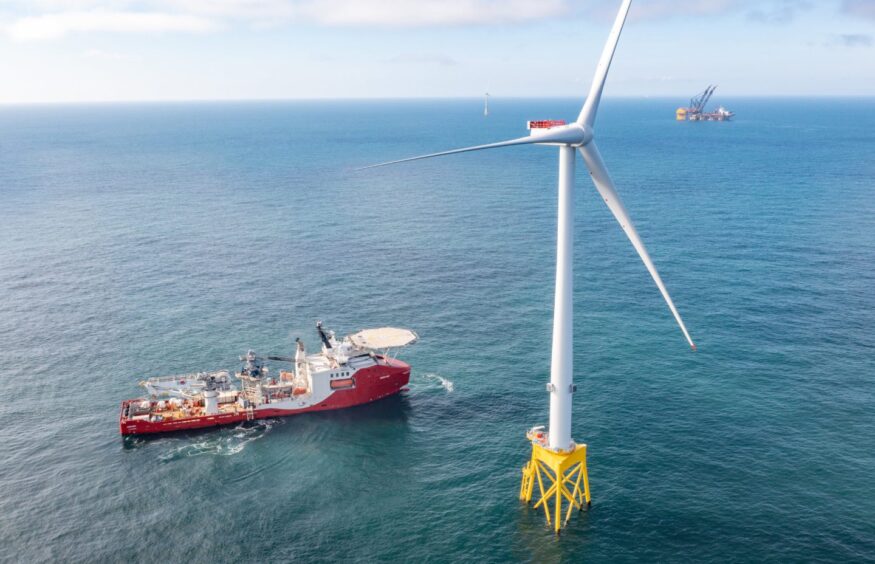The first year of Scottish independence would have come with an economic shock.
The price of oil had been baked into the prospectus for a bright future – but the downturn changed the picture for everyone within weeks of the No vote in September 2014.
Ten years on, did Aberdeen dodge a bullet with Scotland’s No vote?
Or was it just bad timing and a big missed opportunity?
‘Vast energy wealth’
Alex Salmond, the SNP leader who nearly took Scotland to independence, does not hold back when asked if the price of oil, or the volatile revenue, meant Scotland had voted wisely in 2014.
“There is a parallel world where Scotland voted Yes in 2014 and the Scottish people are at last now looking forward to gaining from our vast energy wealth in an independent country,” he tells the P&J.
“We would still have been hit by the 2014-16 oil price recession but now would be looking at the development of a fully-fledged carbon capture network generating thousands of jobs and billions of potential revenue and making the continuing development of our oil industry compatible with the future of the planet.”
Decade after downturn – and the referendum
As part of The Press and Journal’s decade after downturn series, we’re looking at the starring role played by oil in pushing the economic case for leaving the UK.
To start, you need to go back to the SNP’s thumping election win at Holyrood in 2011.
From that day until the referendum, the price of oil was almost exclusively stable at more than 100 US dollars a barrel.
That gave the independence side a clear message that boom times were ahead.
Mr Salmond always maintained it was a “bonus” rather than the “basis” of Scotland’s economic future.
But then came the downturn.
By October 2014, the price was below 100 dollars.
In November it sunk under 50, then fell even further over 2015 to just 30 dollars by the start of 2016.
For a campaign that promised independence would be sorted in time for that year’s election, it was gold for the unionist side.
Official Government Expenditure and Revenue Scotland figures, commonly referred to as “Gers”, show Scotland would have become independent at a brutal time for the industry.
It led to a re-think from Nicola Sturgeon who admitted oil had been baked in – undoing Mr Salmond’s mantra.
Jobs would be lost
Mr Salmond says the price recession cost 40% of direct and indirect jobs in the North Sea whether Scotland was independent or not.
But what about now? Is the renewables future really a “boom” in the making?
Does oil and gas even have a viable future?
The price of oil, having spiked in 2021, has sat around 80 US dollars for months now.
Industry body the OEUK says about 10 billion barrels of oil are identified in the North Sea but only 3.5bn of them have good certainty and 2bn are unlicenced.
No one from OEUK would talk about the impact of revenue linked to the constitutional question.
Oil bosses were keen to be heard before 2014, but not so much now on a thorny political topic.
‘Stupid’
Aberdeen-based tycoon Sir Ian Wood intervened before the vote, but could not be reached for comment 10 years on.
Inside the SNP, senior figures from the time privately condemned what’s happened since.
One strategist said the decisions had been “stupid” in the intervening years under Nicola Sturgeon and Humza Yousaf.
On Wednesday, the official figures proved once again that oil receipts can rise and fall by billions.
In the past year, Scotland’s “share” – based on geography – was cut by half to £4bn.
Latest figures show volatile oil revenue
SNP finance secretary Shona Robison admits there can be peaks and troughs.
“It is volatile,” she told The Press and Journal.
“You can see from the previous Gers that revenue was up and, in this report, down by £4bn.”
But asked if that also shows Aberdeen had a lucky escape, she points to major “growth areas” onshore.
One day earlier, a massive subsea cable was approved to run between Aberdeenshire and Yorkshire to help move renewable energy.
Windfall tax
Away from oil, Ms Robison said she couldn’t support the UK Government’s energy windfall tax.
“That’s because of the impact of jobs in the north-east,” she added.
The new Labour government is also signed up to a future less reliant on oil and gas.
GB Energy is coming to Scotland, possibly headquartered in Aberdeen.
So did No-voting Aberdeen choose wisely?
Mr Salmond, years on from defeat, points to Norway across the sea, which is rich on oil and harnessing renewable technologies.
“That is the missed opportunity of the last 10 years,” he says. “Scotland could still claim the opportunity of the next decade.”








Conversation